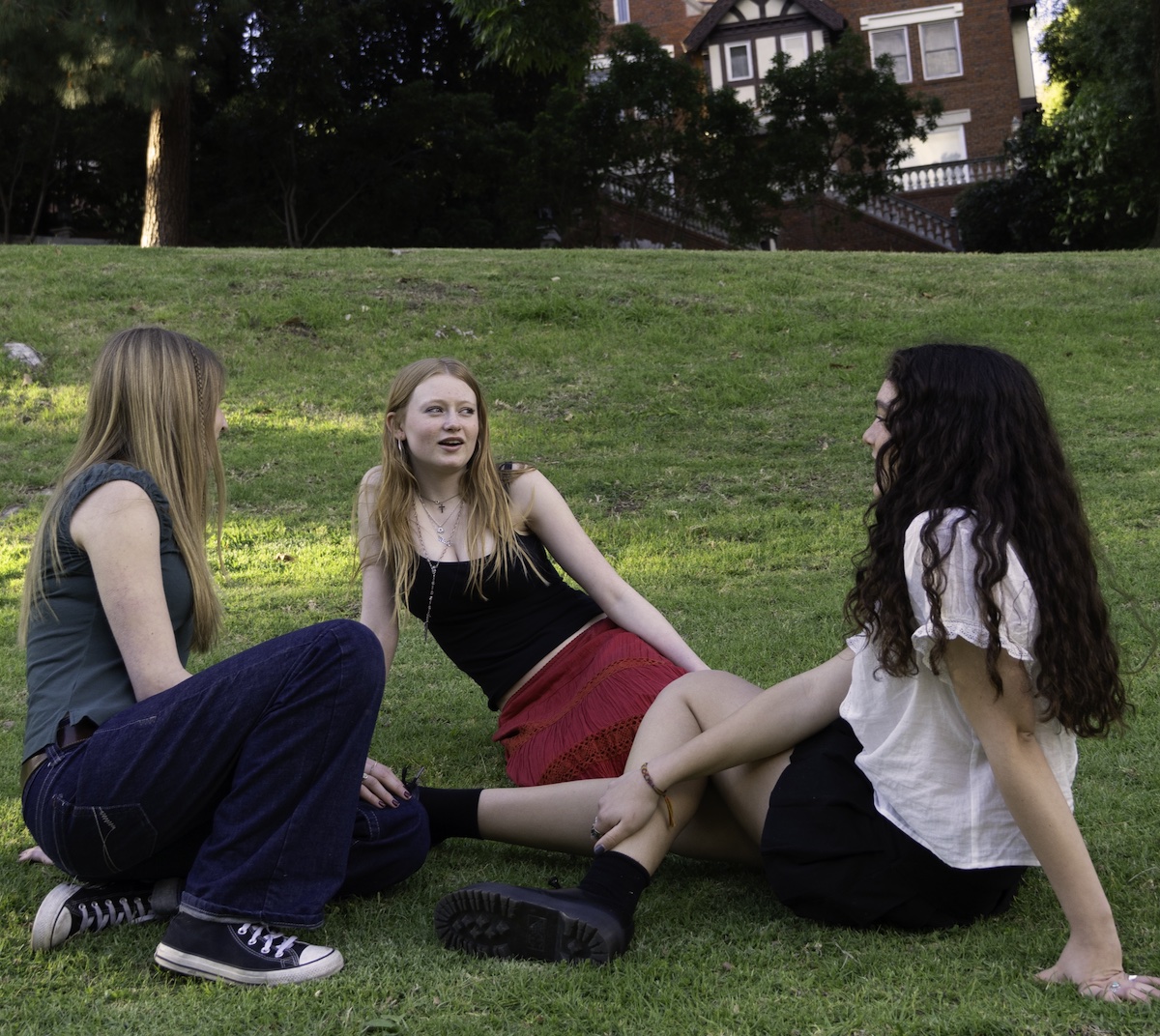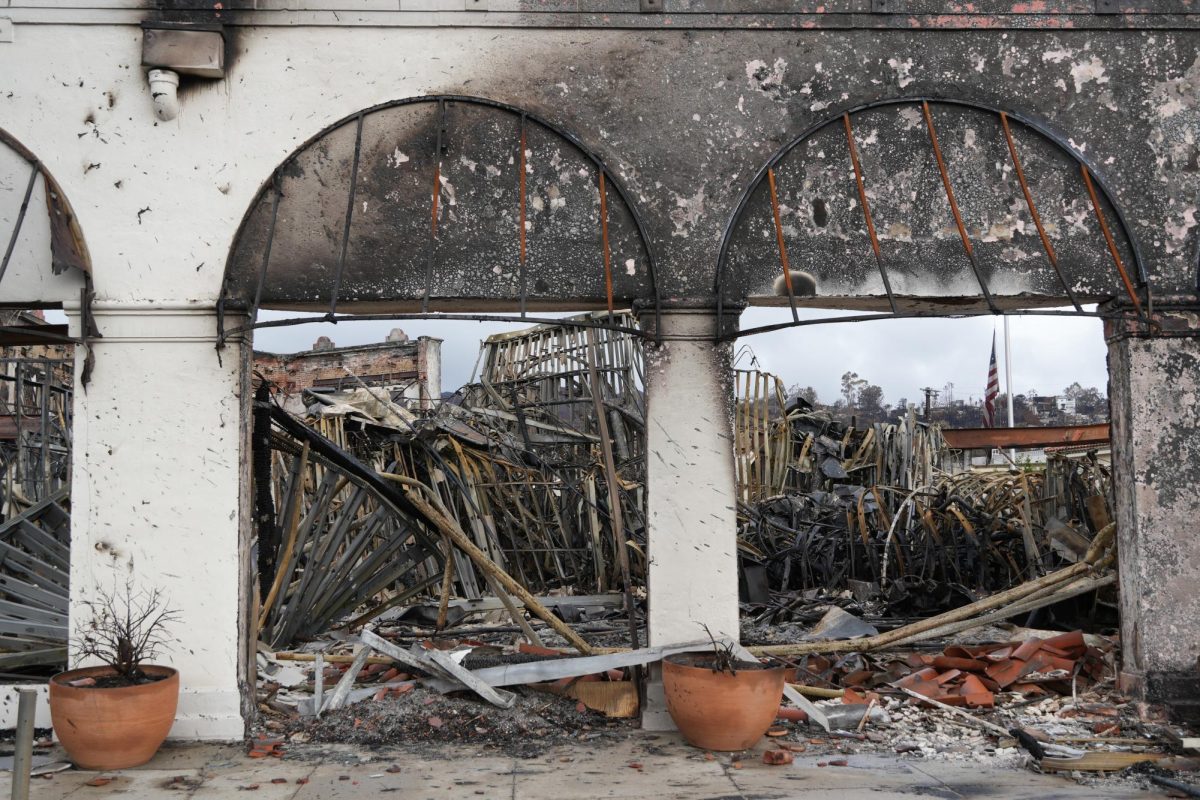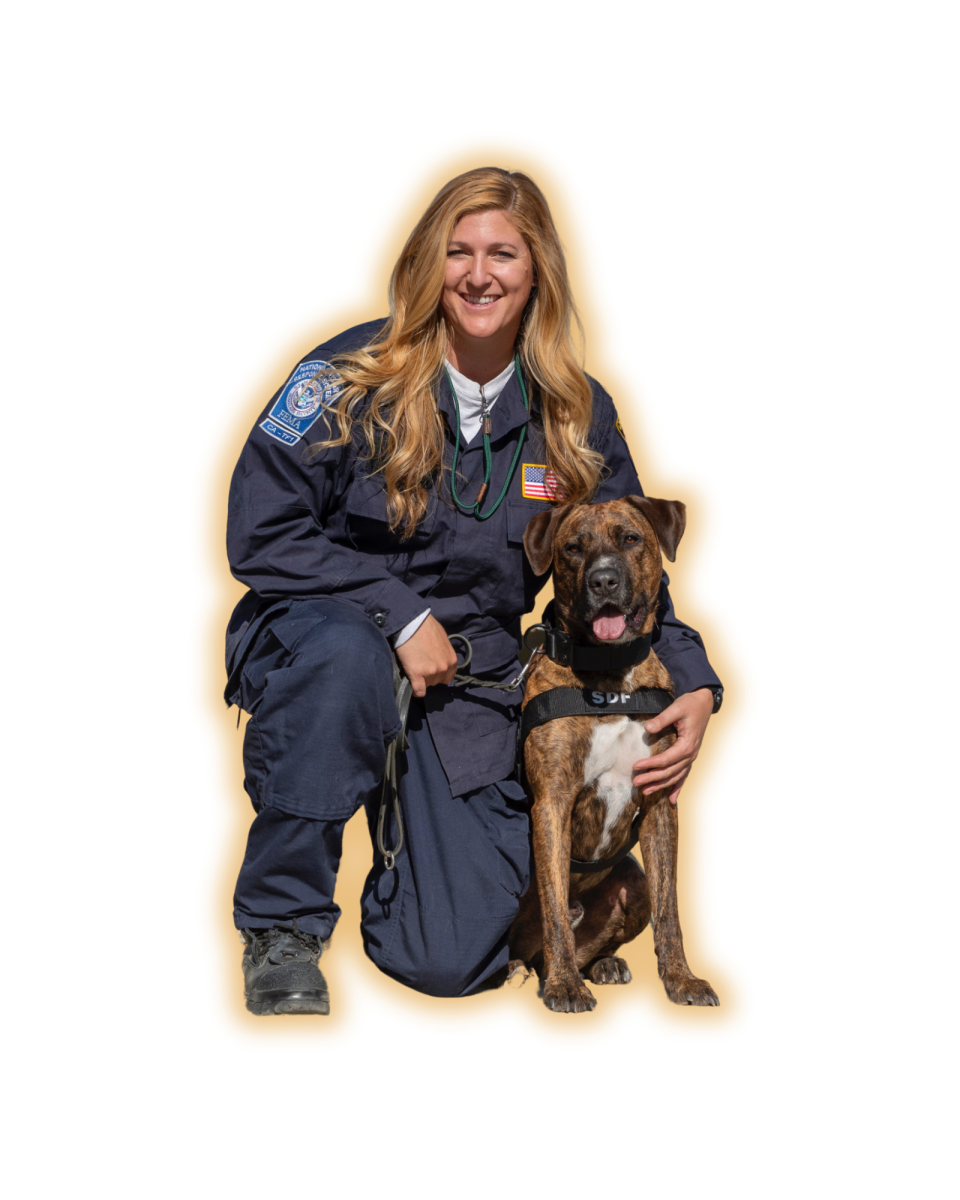
By Christina ’14, Erika ’12, Suhauna ’14
Last October, the Board Room was filled with club leaders from all grades as Student Activities Coordinator Sarah Wolf and Coordinator of Community Outreach Miranda Payne led a mandatory leadership training meeting for club officers. Payne and Wolf shared tips on how to successfully organize a club and explained the specifics of this year’s new rules, including policies that require clubs to donate 100% of fundraiser proceeds to charity, take notes during meetings and increase faculty advisor participation.
Some leaders, such as Hannah ’12, said they felt that while the meeting helped them establish goals, it did not clearly specify how to reach those goals without additional support. Hannah is President of Philosophy Club, Co-President of Model UN and Art Editor of literary magazine The Edge.
“I thought a lot of [the advice given] was common sense,” she said.
Shalom Club President Adi ’14 agreed. “It wasn’t really anything new to me,” she said. Some leaders said the School’s failure to enforce the new rules has prevented club officers from successfully putting these leadership skills into action.
“At the beginning of the year things seemed really intense, and I thought it was a good thing because it would really motivate our team, but I haven’t seen [the enforcement of new requirements] happen in reality,” Robotics Club Co-President Gwen ’12 said.
According to the School’s Core Values, Marlborough strives to “offer an environment in which students are encouraged to discover their potential…develop leadership skills, and expand their self-reliance.” Participating in a club is one of the best ways for girls to “develop their potential,” but students can’t learn leadership skills in one lunchtime meeting.
Becoming a club officer is a rare opportunity for Violets to step up to the plate, but many clubs still face low member participation and struggle to organize events, activities and profitable fundraisers. So how can the School better support student clubs and therefore encourage greater leadership development? Should club leaders be solely responsible for the success of their clubs, or should faculty advisors play a greater role? Should the School be providing clubs with additional funding, or at least allow students to keep the money they raise to help realize their goals? Or do students themselves need to take their commitment to clubs more seriously? How are leadership skills developed?
HOW MUCH HELP IS TOO MUCH?
The new club rules urge faculty advisors to be more active, but the more teachers help a club accomplish its goals, the less a student officer will feel the need to step in and run things herself. So where do you draw the line? When do the students take control?
Wolf has encouraged faculty advisors to support students as much as possible. Foreign Language Department Head and former Clubs Coordinator Leigh Hansen said that if a student chooses to become an officer of a club she must be prepared to take primary responsibility for the group and oversee its activities. However, for some club leaders, faculty advisors are critical in ensuring a club’s consistency.
Director of Upper School and Assistant Head of School Laura Hotchkiss said that a club’s success from year to year varies based on the commitment and involvement of both student leaders and faculty advisors.
“Some years you have really organized people in charge who know what they want to do, and run everything, and the teacher who is the advisor just sort of sits back. And then some years it doesn’t work so well for one reason or another, and the advisor maybe takes a greater role in it, or things don’t happen as much,” Hotchkiss said.
Adi started and ran the Shalom Club during the 2010-2011 school year. This year, a similar club, called Mensches for Marlborough, started, initially with more members than Shalom, so Adi was encouraged to merge her club with theirs and do a joint fundraiser. However, Adi was soon left adrift when the new leadership floundered on their own, without significant help from a faculty advisor.
“I don’t think they really got their act together,” Adi said.
Co-President of Alliance Alana ’12 said she has been able to develop her leadership skills and organize the club independently rather than relying on the faculty advisor’s guidance.
“[Faculty advisors are] a great resource, but I think a lot of it, for me at least, I get from seeing how previous presidents had handled it. I think [our success] came more from the students rather than the faculty advisors,” Alana said.

INCONSISTENT COMMITMENT
While club leaders are generally passionate about their goals, many younger members sign up without the intention of actively participating. It may be up to club leaders to inspire students to be more committed, but some say the School could help club meetings be more productive and prevent time conflicts by reviving the A periods designated specifically for clubs.
Every year at Club Fair, students swarm Booth Field to check out the tables piled with Otter Pops, Skittles and other enticing goods club leaders provide to attract new members. Many clubs get a large number of sign-ups at Club Fair, but once the Otter Pops have melted and the tables are stowed away, new members’ enthusiasm often fades.
In order to encourage commitment in Robotics Club, Gwen said that club officers divided the members into smaller groups and assigned them specific tasks.
“As long as you give each person something to do, they’ll feel like they’re an important part of the club and therefore more invested,” Gwen said.
GreenTeens President Alexa ’13 said sometimes it is difficult to organize the newer members, but having a Facebook page helps a lot. She said that she wishes student leaders in clubs could start and manage their own Haiku pages so that members could be more organized and know when meetings are.
DJ Club President Bianca ’13 said that only a small fraction of people who sign up for her club became active members.
“We have our table at club fair and everyone sees it and they’re like, ‘Oh my god, that’s so cool, I wanna be a DJ!’ and so every year we get 30 or 40 people signing up, but we only have a core group of less than [seven] people,” Bianca said.
Although other clubs may rely on large membership, Landfield said that DJ Club has managed to stay afloat with its small group of dedicated members. Bianca said that if all 40 people who signed up during Club Fair came to the weekly meetings, it would be difficult to schedule a meeting time that would accommodate all of the members.
According to Gwen, this scheduling problem could be solved if an All-School club period was integrated into the schedule. Gwen, along with many other club leaders, said that meetings during lunch are not ideal, as 40-minute periods once a week are not enough time, especially when you factor in the ten minutes it takes to get lunch from Café M.
“I feel like we hardly get anything done. We’ll start talking about something, and we’ll want to begin to work on our robot, but then the bell rings and everybody leaves,” Gwen said.
Paige ’17 said she signed up for Mensches for Marlborough and Crafty Club this year but never attended more than two club meetings.
“I just like to have my lunch periods free, so I didn’t really like having to go to something that I didn’t really enjoy that much,” Paige said.
IT’S ALL ABOUT THE MONEY
While it is important for students to learn to fund-raise, monetary support from the School or more opportunities to raise money could help student leaders accomplish their objectives more easily. This year, the new club rules make it more challenging for clubs to control their own budget.
Many students said they are confused about how exactly the funding policy has changed this year. In the past, 75% of money gathered from a bake sale was required to go to charity, while 25% could be spent at the discretion of the club officers.
While the policy for the 2011-2012 school year originally mandated that clubs had to give 100% of the money they raised at their one permitted bake sale per year to charity, after Community Service Coordinator Nadia Hopper, who oversees club funding, made what she called a “special arrangement” with the DJ club allowing them to keep 40% of the money they raised to buy new headphones, she and Hotchkiss decided to reevaluate the policy. Clubs may now appeal to Hopper on a case-by-case basis to ask to keep 50% or less of what they’ve raised. Hopper said she will approve or deny these requests depending on whether or not she feels the club needs the money to continue to exist.
Some students and faculty feel that the policy hasn’t been clearly communicated to the community, leading to confusion between student and faculty leaders.
“I was not aware that there were new club rules, and all of the communication that I had was through the student who acts as my president for the DJ club, and her communication was through Ms. Hopper,” Dean said.
In addition, some club leaders said being allowed to hold only one fundraiser per year does not provide them with enough money to accomplish their goals. While a small number of clubs, such as Robotics, annually receive funding directly from the School, most do not. Many club leaders said they wish clubs could apply for money from the School to get the funds that they are unable to raise. In addition many club leaders also noted that they would rather spend their time performing the activities and accomplishing the goals specific to their club rather than investing their energy and free periods into raising money.
According to Gwen, the success of Robotics Club relies on funding. Gwen said that the budget provided by the School is essential, but additional funding would be even more helpful.
“A lot of the money we have right now is going into entering us in the competitions, because there’s an entrance fee,” Gwen said. “We could use the extra money to buy supplies.” Gwen said, adding that Robotics Club will apply for corporate sponsorship to gain these additional funds.
After Landfield created DJ Club in the 2009-2010 school year with no initial investment from the School, club members dedicated the entire school year to fundraising so that they could purchase a turntable a year later and finally learn how to DJ.
“There really is no opportunity other than a bake sale for [members] to fund-raise for equipment, or records, or anything that we might need, and it puts [students] in a difficult position,” Dean said.






